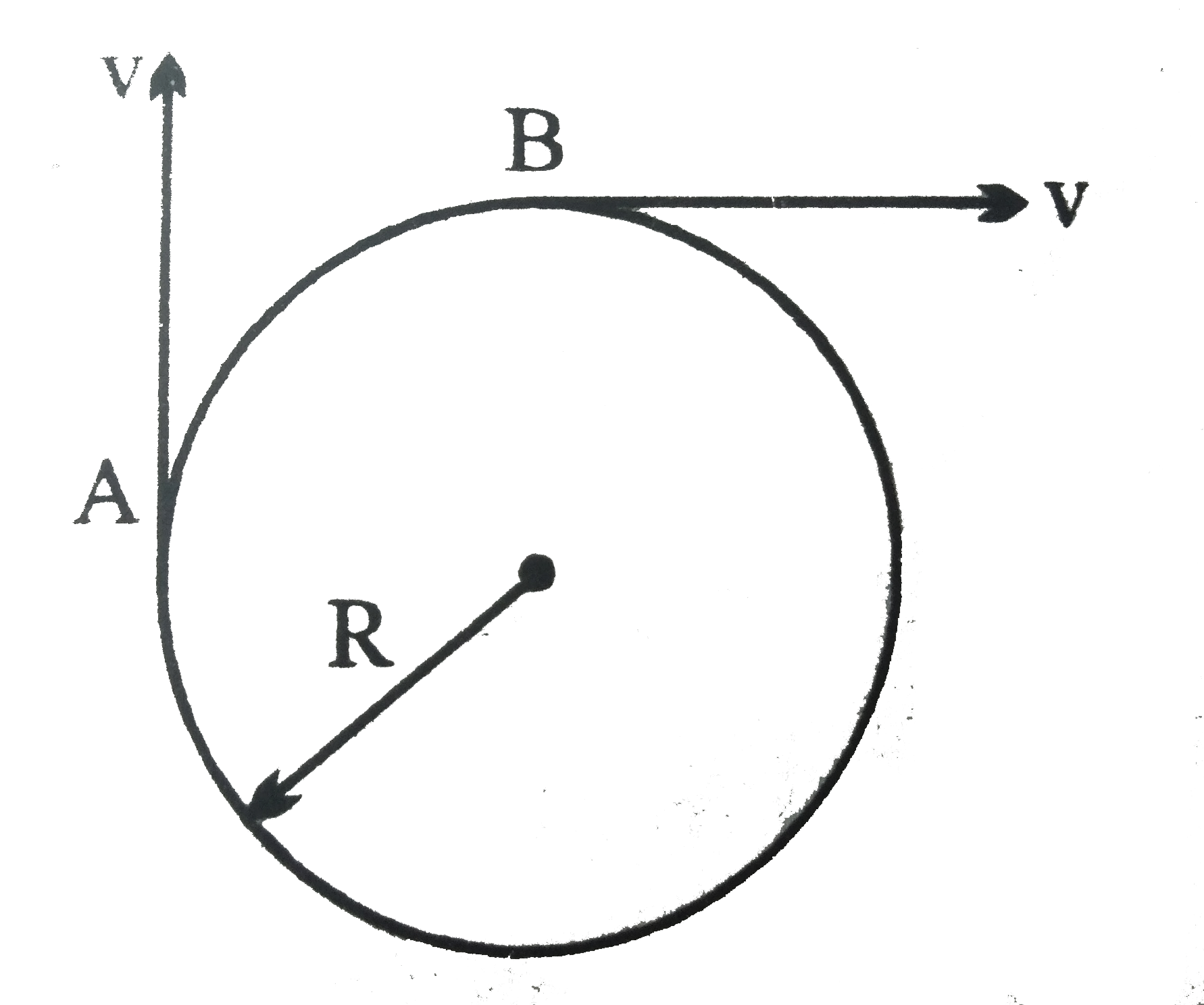Assertion : In rolling, all points of a rigid body have the same linear velocity.
Reason : The rotational motion does not affect the linear velocity.
If both assertion and reason are true and the reason is the correct explanation of the assertion.
If both assertion and reason are true but reason is not the correct explanation of the assertion.
If assertion is true but reason is false.
If the assertion and reason both are false.
The correct Answer is:D
In rolling all points of rigid body have the same angular speed but different linear speed.
Topper's Solved these Questions
- BOOK - ERRORLESSCHAPTER - ROTATIONAL MOTIONEXERCISE - NCERT BASED QUESTIONS (Torque and Couple)27videos
ROTATIONAL MOTION
- BOOK - ERRORLESSCHAPTER - NEWTON'S LAWS OF MOTIONEXERCISE - ASSERTION & REASON18videos
NEWTON'S LAWS OF MOTION
- BOOK - ERRORLESSCHAPTER - SIMPLE HARMONIC MOTIONEXERCISE - Assertion & Reason15videos
SIMPLE HARMONIC MOTION
Similar Questions
Knowledge Check
- Question 1 - Select One
A : In pure rolling motion all the points of a rigid body have same linear velocity.
R : Rolling motion is not possible on smooth surface.AIf both Assertion & Reason are true and the reason is the correct explanation of the assertion,BIf both Assertion & Reason are true but the reason is not the correct explanation of the assertion,CIf Assertion is true statement but Reason is false,DIf both Assertion and Reason are false statements, - Question 2 - Select One
In rotational motion of a rigid body, all particles move with
ASame linear and angular velocityBSame linear and different angular velocityCWith different linear velocities and same angular velocitiesDWith different linear velocities and different angular velocities - Question 3 - Select One
In rotational motion of a rigid body, all particles move with
Asame linear and angular velocity.Bsame linear velocity and different angular velocities.Cdifferent limear velocities and same angular velocity.Ddifferent linear and angular velocities.
Consider the following two statements A and B and identify the correct choice
A) When a rigid body is rotating about its own axis, at a given instant all particles of body posses same angular velocity.
B) When a rigid body is rotating about its own axis, the linear velocity of a particle is directly proportional to its perpendicular distance from axisView SolutionAssertion : The angular velocity of a rigid body in motion is defined for the whole body
Reason : All points on a rigid body performing pure rotational motion are having same angular velocity.View SolutionA thin ring and a solid disc of same mass and radius are rolling with the same linear velocity. Then ratio of their kinetic energies is
View SolutionAssertion: A body having non zero acceleration can have a constant velocity.
Reason: Acceleration is the rate of change of velocity.View SolutionThe linear velocity of a point on the surface of earth at a latitude of 60∘ is
View Solution


 .
.